-
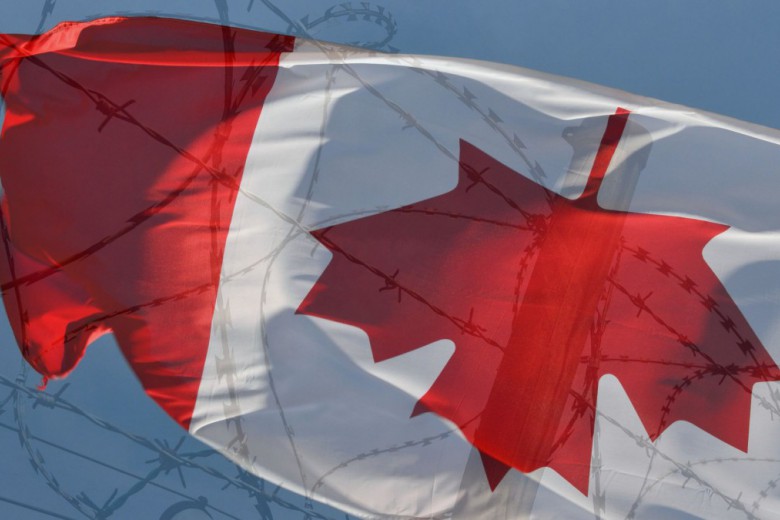
by Jasmine Veark Jun 5, 2025 4 min read
-
_780_520_90_s_c1.jpg)
by Pedro Meza Mar 28, 2025 2 min read
-
_copy_780_520_90_s_c1.jpg)
by Rinaldo Walcott Apr 8, 2024 13 min read
-
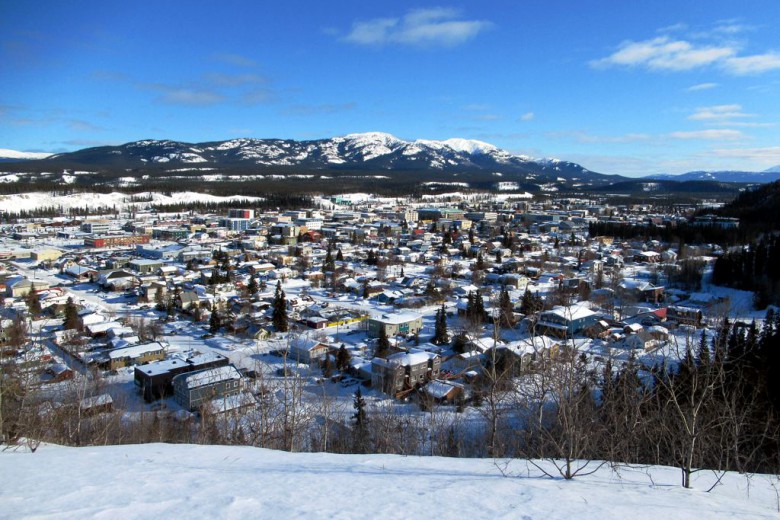
by Paige Galette Nov 6, 2023 7 min read
-
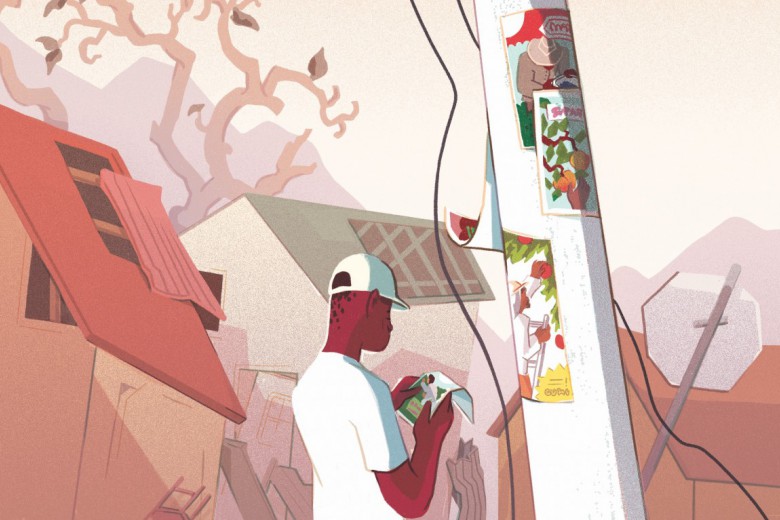
by Chris Ramsaroop Jul 6, 2023 10 min read
-
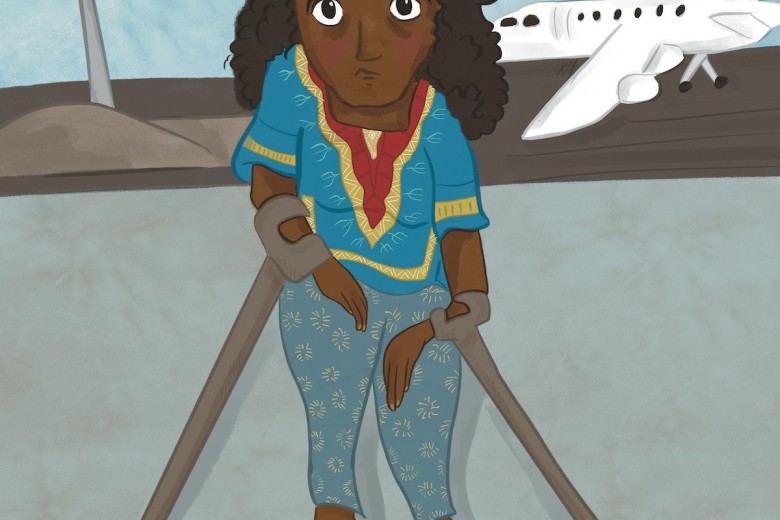
by Ameil Joseph and Briarpatch Staff Sep 7, 2022 7 min read
-
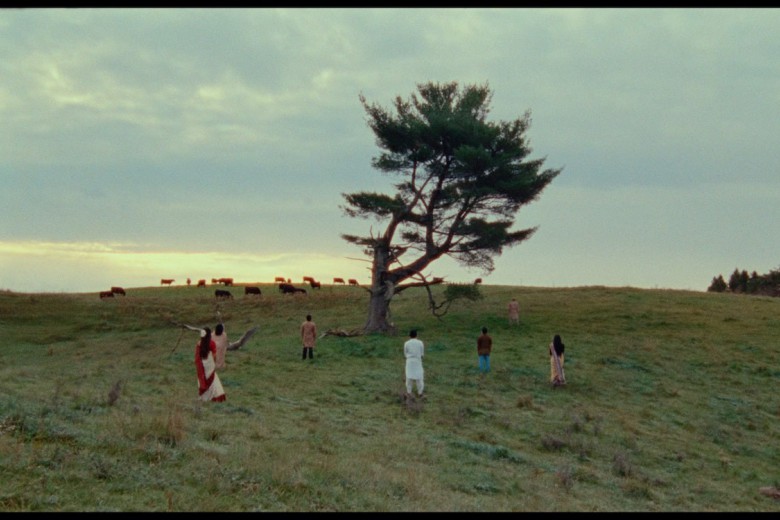
by Brannavy Jeyasundaram, Saibruntha Arunthavashanmuganathan, Nedra Rodrigo, Shanta Ponnudurai, Renee Vettivelu, and Shanthiya Baheerathan Jul 5, 2021 9 min read
-
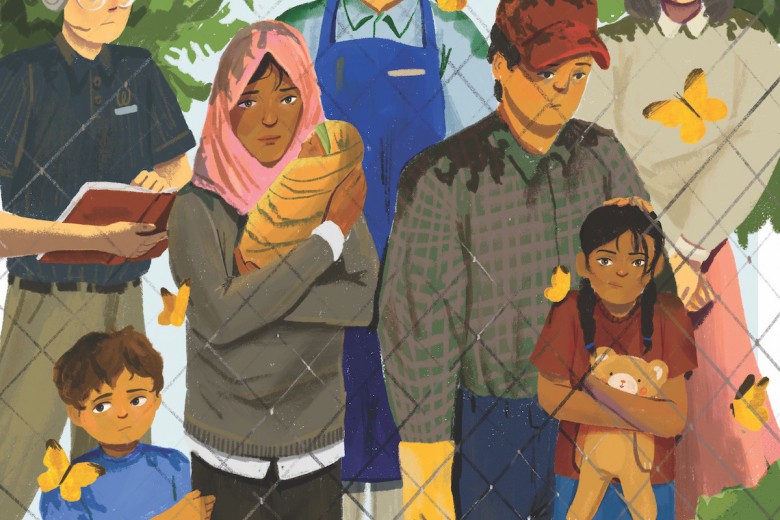
by Syed Hussan May 3, 2021 15 min read
-

by Nandita Sharma Mar 26, 2021 10 min read
-

by Nikki Shaffeeullah Mar 1, 2021 2 min read
-
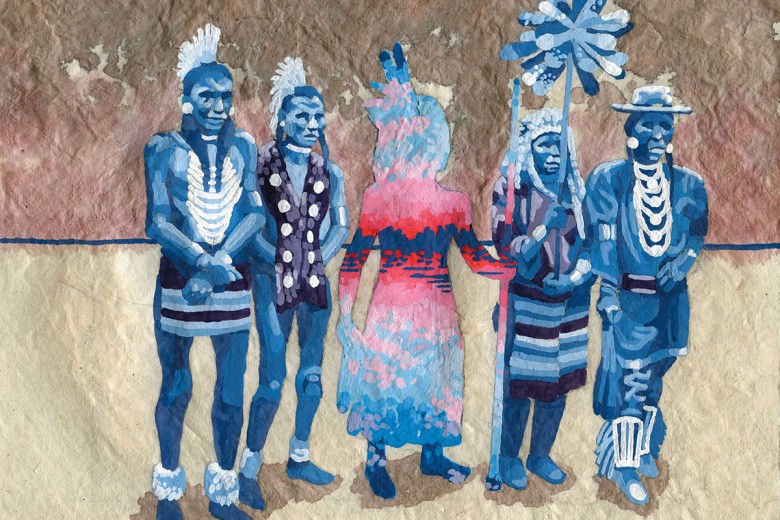
by Ella Hartsoe Mar 1, 2021 10 min read
-

by Vina Nguyen Mar 1, 2021 10 min read
-

by Phil Henderson Jul 2, 2020 7 min read
-
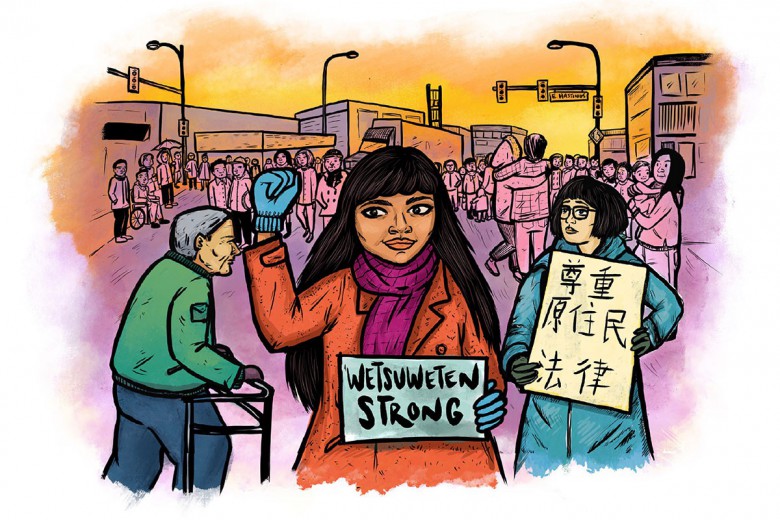
by Jane Shi Apr 27, 2020 9 min read
-
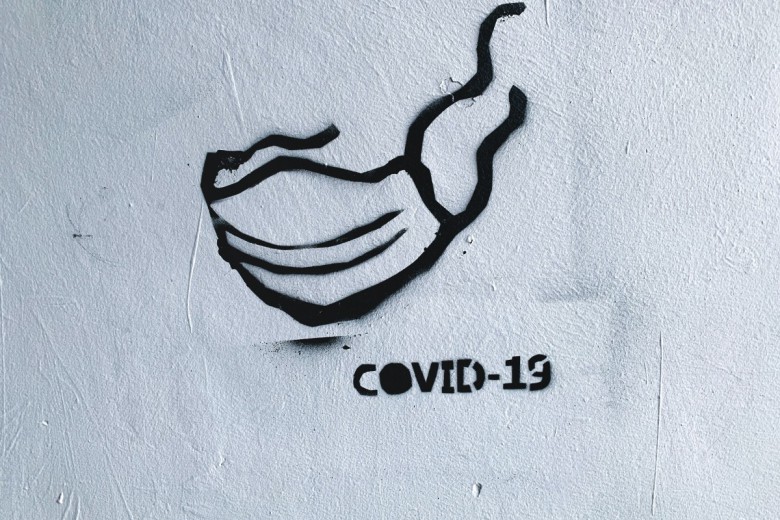
by Saima Desai Apr 27, 2020 4 min read
-
_780_520_90_s_c1.jpg)
by romham gallacher Apr 13, 2020 68 min read
-
_780_520_90_s_c1.jpg)
by Alex Birrell Apr 2, 2020 12 min read
-
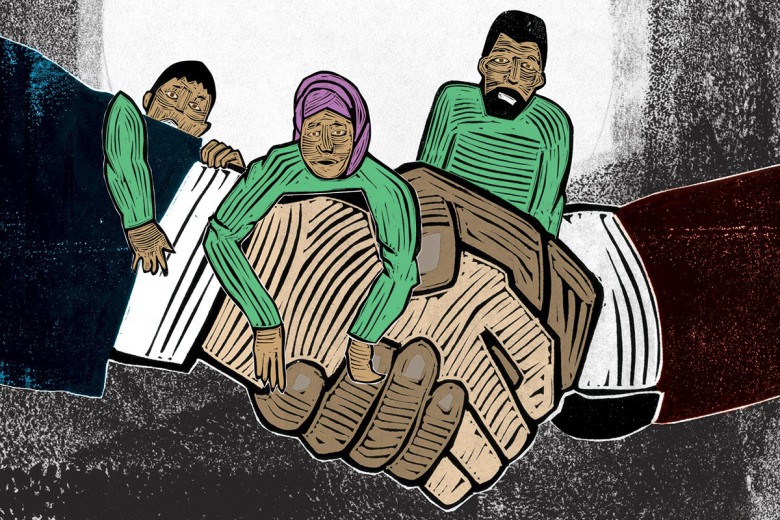
by Paula Ethans Feb 25, 2020 15 min read
-
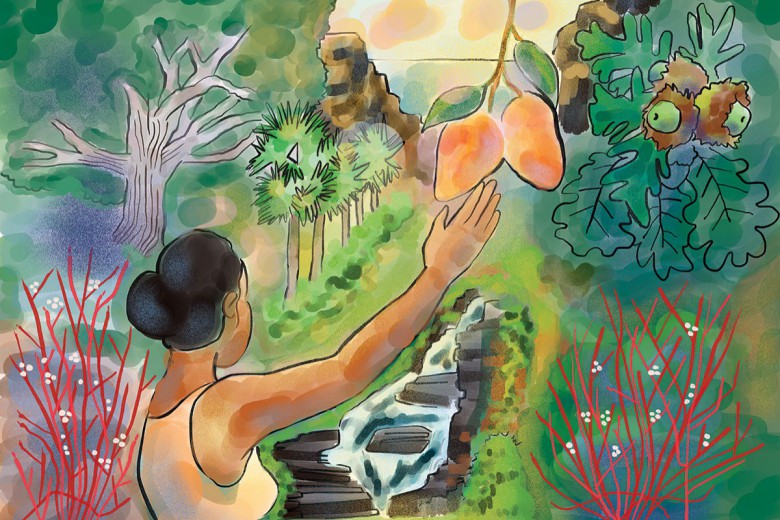
by Shanthiya Baheerathan Feb 25, 2020 10 min read
-

by Syed Hussan Apr 29, 2019 8 min read

_780_520_90_s_c1.jpg)
_copy_780_520_90_s_c1.jpg)












_780_520_90_s_c1.jpg)
_780_520_90_s_c1.jpg)





